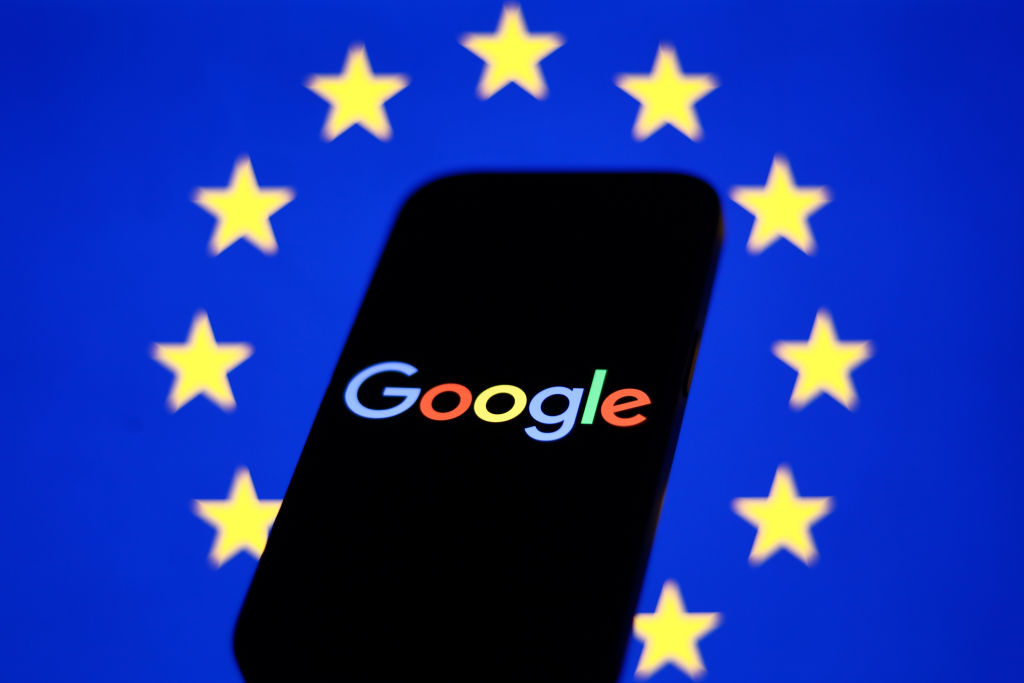EU Antitrust Regulator Fines Google Over AdTech Practices

Key Points
- EU Commission fines Google €2.95 billion (under $3.5 billion) for antitrust violations.
- Regulators say Google favored its own ad exchange, AdX, creating a conflict of interest.
- Google must stop self‑preferencing within 60 days and propose remedies.
- Google announced it will appeal the decision, claiming the market has alternatives.
- The fine is the EU's second‑largest antitrust penalty ever.
- Announcement delayed from September 1 amid EU‑U.S. trade talks.
The European Commission has imposed a record fine of €2.95 billion (just under $3.5 billion) on Google, concluding the company abused its dominant position in online advertising. Regulators said Google favored its own ad exchange, AdX, in both its publisher ad server and ad‑buying tools, creating a conflict of interest across the adtech supply chain. Google has 60 days to stop the self‑preferencing practices and must propose remedies, or face further action. The company announced it will appeal the decision, arguing there are maybe alternatives to its services. The fine is the EU's second‑largest antitrust penalty ever.
European Commission Announces Massive Fine
The European Commission announced a fine of €2.95 billion (just under $3.5 billion) against Google, finding the company violated EU antitrust rules by abusing its dominant position in digital advertising. The regulator said Google gave preferential treatment to its own ad exchange, AdX, within both its publisher ad server and its ad‑buying tools, creating a conflict of interest throughout the adtech supply chain.
Required Remedies and Timeline
Google has been ordered to cease the self‑preferencing practices within 60 days and to present measures that eliminate the identified conflicts of interest. The Commission warned that failure to provide an acceptable remedy would trigger additional strong actions. Teresa Ribera, the commission’s executive vice‑president for clean, just and competitive transition, emphasized that digital markets must be rooted in trust and fairness, and that public institutions must act when markets fail.
Google’s Response
In response, a Google spokesperson said the company’s decision would be appealed. The spokesperson argued there is nothing anticompetitive about offering services to ad buyers and sellers, and noted that alternatives to Google’s services are increasingly available.
Context and Significance
This penalty ranks as the EU’s second‑largest antitrust fine ever, trailing only a $5 billion fine imposed on Google in 2018. The announcement was delayed from a planned date of September 1, reportedly due to concerns over ongoing EU‑U.S. trade negotiations. The decision has drawn criticism not only from Google but also from political figures who view the fine as part of a broader pattern of regulatory pressure on American tech firms.
Broader Reactions
U.S. officials have publicly commented on the fine, portraying it as an example of excessive European enforcement against American companies. The case underscores a growing tension between major tech firms and regulators seeking to curb perceived market dominance in the rapidly evolving adtech sector.